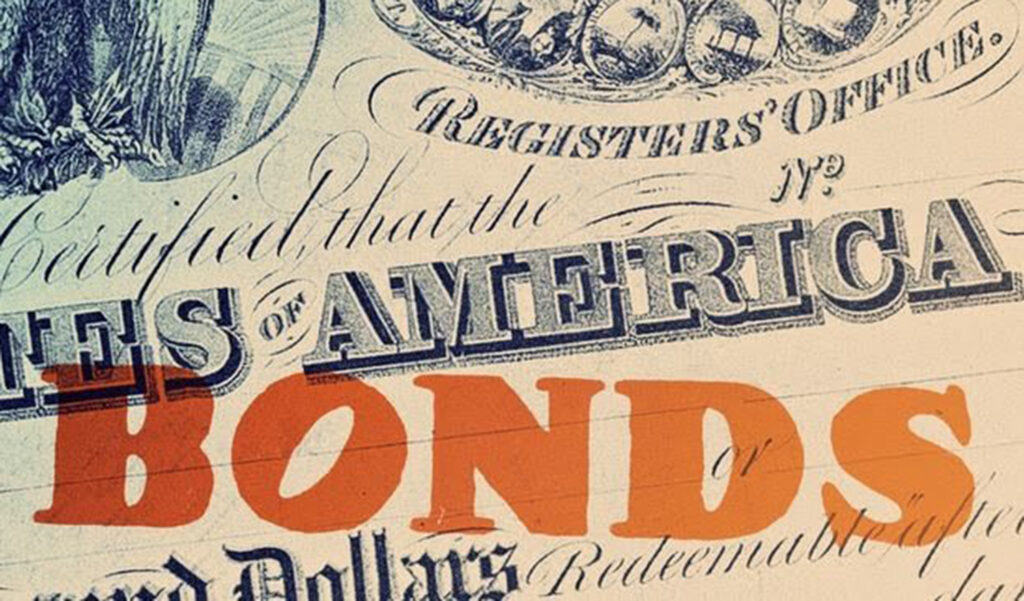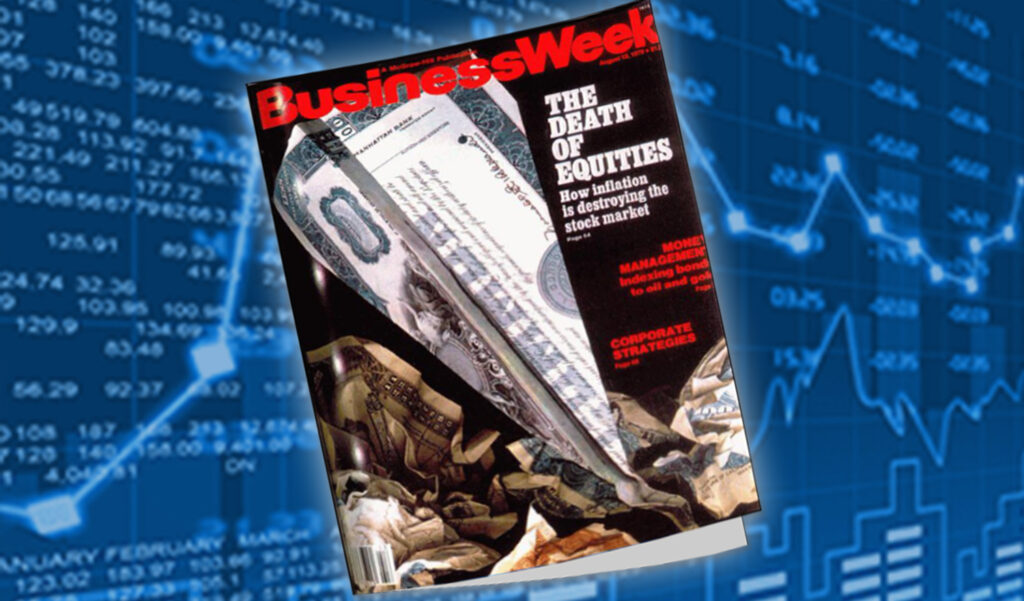Insights on markets, emergent trends, history, innovation, risk management, global economics, strategy, policy, and other topics that catch our attention. Inspired by ongoing research, conversations and events. Written and edited by Osbon Capital Management and published every Thursday morning.
"*" indicates required fields
Investment Anniversaries: What We Can Learn from Historic Days
Not all investment days are created equal. There’s something about the start of Fall today that brings anniversaries to mind. Many people believe August, September and October are cursed times to invest, that stock plunges are inevitable and imminent. A closer look shows that important anniversaries are spread randomly throughout the year; surges and crashes know no calendar. Let’s take…
Financial Repair Continues
Our two mortgage giants, Fannie Mae and Freddie Mac, have been in the news this month with positive comments. Their stocks and other securities have responded with a sharp jump, indicating hope that we will return to a healthy mortgage market and get the government largely out of the mortgage business. The securities are officially worthless but speculators are betting…
100-Year Bonds for the United States
The US Treasury has been considering issuing 100-year bonds for some time. Based on recent comments by the US Treasury Secretary this may actually happen this year. These are unusual monetary times that allow the government to lower its financing costs. But what are the implications for US individual investors? Do bonds due in 2120 make sense for you? Current…
The Almighty Dollar
Heading into the final third of the investment year there are few sure things for investors to count on. One sure thing, however, is the US dollar. It has been appreciating slightly for years, and has been strong even though the US economy would be doing better with a slightly weaker dollar. Why do we believe dollar strength will persist?…
Stocks Are Alive and Kicking
Forty years ago a Business Week cover story announced the “Death of Equities.” The Dow was at 867. In the years since, as the Dow has risen 30x, we’ve seen other forecasts for the tragic demise of stocks, all wrong. In 1979, the doomsayers pointed to inflation and high taxes as the forces that would kill stocks. Healthy skepticism is…
Our Favorite Theories, Principles and Laws Named After Famous Thinkers
This week we decided to have some fun by exploring our favorite eponymous laws, theories and principles and how they fit into the world of investing. This is a list I’ve been wanting to write for a while, at least since I discovered Sayre’s law two years ago. The fantastic thing about these observed laws is that they are based…
Look at What They Do, Not What They Say
One piece of good news got buried in last week’s falling stock prices and the rush to safety in the bond market. This Bloomberg headline from last Friday says it best: Trump Has Signed Budget and Debt-Limit Legislation. Why is this such good news and what impact does it have on your financial and investment life? Aside from the messy…
Steps To Prepare The Next Generation For Wealth
Wealthy families often find themselves debating how to best approach the subject of family wealth with their children. The hesitation tends to center around how to share information about wealth while maintaining motivation and instilling the values of hard work and responsibility. What’s the right age? What’s the right level of detail? Where should you start? Here are steps you…
A History Lesson from Ray Dalio
Ray Dalio published his “Paradigm Shifts” on July 17. I recommend it for any investor who wants an intelligent, dispassionate history of investing broken down by decade. Ray Dalio and Bridgewater, the hedge fund he founded, have the money and the track record to back up his assertions. Is another paradigm shift happening now? What does Ray Dalio have to…










